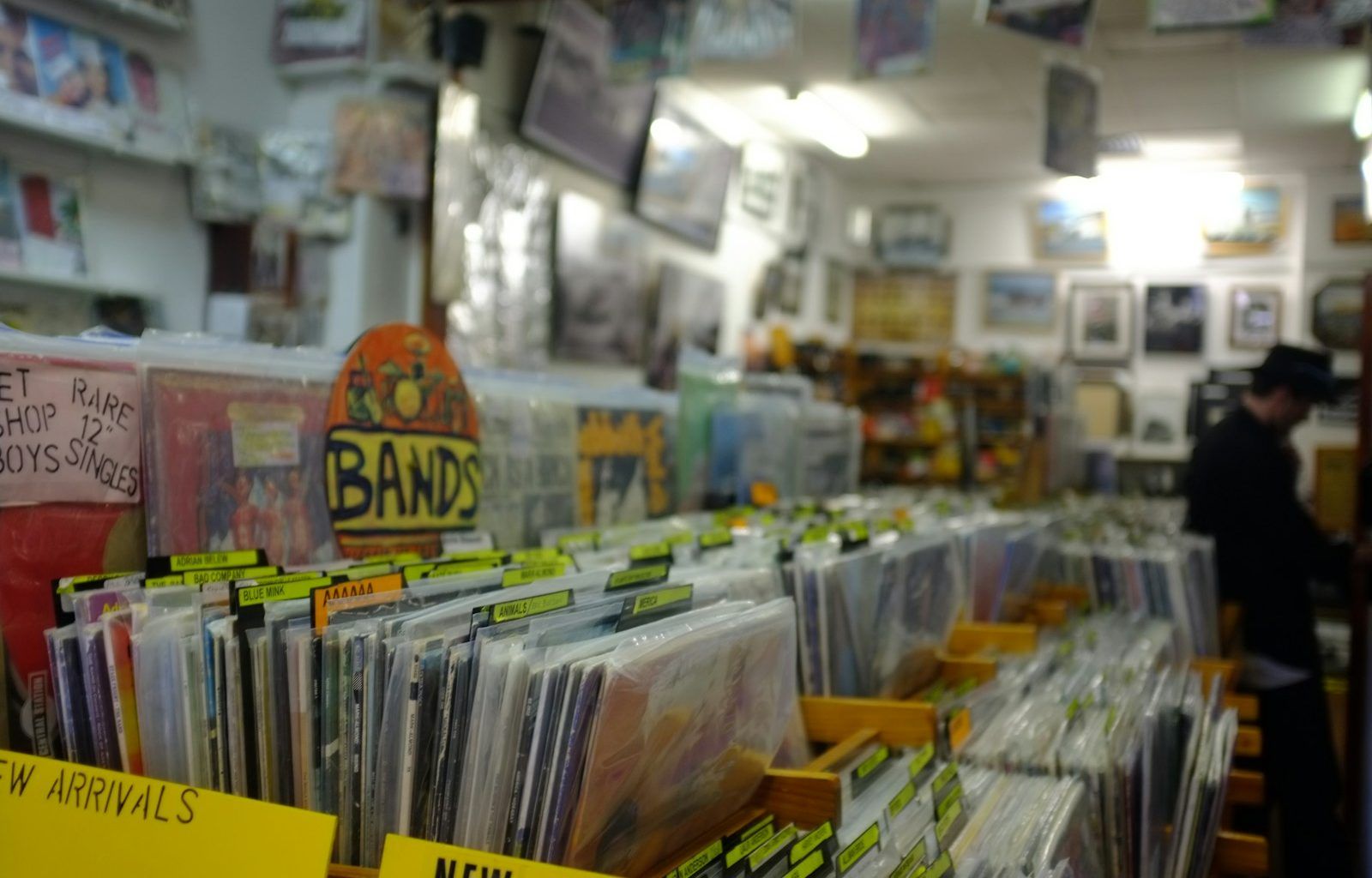When you think about releasing music, one big question comes up: Should you focus on albums or singles? Both options have their own charm and purpose. Whether you’re an aspiring artist, a seasoned musician, or just curious about the music world, understanding the differences can help you make the right choice. Let’s dive into the fascinating world of albums and singles to figure out which one aligns with your goals.
What Is an Album?
An album is a collection of songs, usually with a common theme or story. Artists use albums to showcase their creativity and give fans a deeper experience. Albums often span 30 to 60 minutes and can have anywhere from 7 to 15 tracks. They’re like a musical journey, taking the listener through highs, lows, and everything in between.
Take Adele’s “21” or The Beatles’ “Abbey Road,” for example. These iconic albums leave a lasting impact on listeners because of their cohesion and depth. Releasing an album allows you to make a bold statement as an artist.
What Is a Single?
A single, on the other hand, is one song—usually short and sweet. Singles are great for grabbing attention quickly. Think of hit songs like Taylor Swift’s “Shake It Off” or Drake’s “God’s Plan.” These tracks blew up on their own, creating waves on charts and streaming platforms.
Singles are often used to test the waters. They can hint at an artist’s upcoming album or act as standalone pieces to keep fans engaged. Singles are like the appetizers of the music world: bite-sized and irresistible.
Why Choose Albums?
Albums are perfect if you want to tell a story. They give you room to explore different sounds, emotions, and themes. If you have a lot to say or a concept that’s too big for one song, an album might be your best bet.
Creating an album allows you to showcase your versatility as an artist. You can experiment with different genres, collaborate with other musicians, and show your audience who you really are. Plus, albums give your fans more content to enjoy, which can help build a loyal following.
Albums also have staying power. They’re less likely to be forgotten because they create a lasting impression. Fans often feel a deeper connection to artists who release albums because they’ve invested time in understanding the artist’s vision.
Why Choose Singles?
Singles are great for staying relevant. In today’s fast-paced world, people’s attention spans are shorter than ever. Releasing singles consistently keeps you in the spotlight. It also helps you stay visible on streaming platforms and social media.
With a single, you can focus all your energy on promoting one track. This can make it easier to create a buzz and reach a wider audience. Singles also cost less to produce compared to albums, making them a smart choice if you’re working with a tight budget.
Singles give you flexibility. You can experiment with different styles and see what resonates with your audience. If one single doesn’t perform well, you can quickly move on to the next without too much damage.
Albums or Singles: What Do Fans Prefer?
Your audience plays a huge role in this decision. Hardcore fans who love your music will likely appreciate an album. They want to dive deep into your artistry and enjoy the full experience. Casual listeners, however, might prefer singles because they’re easy to digest.
It’s also worth noting that streaming platforms like Spotify and Apple Music have changed how people consume music. Playlists dominate these platforms, and singles are more likely to get added to popular playlists. This makes them easier to discover.
How to Decide Between Albums and Singles
If you’re just starting out, singles might be the way to go. They’re low-risk and allow you to test what works for your audience. As you build a following, you can consider releasing an album to make a bigger impact.
Think about your goals, too. Are you trying to break into the charts or create a masterpiece that’ll stand the test of time? Singles are better for the former, while albums are ideal for the latter.
Budget is another factor. Albums require more time and money to produce. If resources are limited, focusing on singles can help you stay active in the music scene without breaking the bank.
Can You Do Both?
Absolutely! Many artists use a combination of both. They release singles to build hype and then drop an album as the grand finale. This strategy keeps fans engaged and builds anticipation. For instance, artists like Billie Eilish and Ed Sheeran often release singles before their albums to create buzz.
Releasing singles first also helps you gauge which tracks resonate most with your audience. You can use this feedback to shape your album and ensure it’s something fans will love.
Final Thoughts
The choice between albums and singles ultimately comes down to your goals, resources, and audience. Both formats have their strengths, and there’s no one-size-fits-all answer. By understanding what each option offers, you can make an informed decision that aligns with your vision.
Whether you choose to release albums, singles, or a mix of both, the most important thing is to stay true to yourself as an artist. Keep creating, experimenting, and connecting with your audience. After all, music is all about expression, and there’s no wrong way to share your art with the world.
For further reading, explore these related articles:
- Mustard Ballin Lyrics: A Simple Guide to the Meaning and Magic
- The Incredible Journey of Childish Gambino: A True Genius
For additional resources on music marketing and distribution, visit DMT Records Pvt. Ltd..






